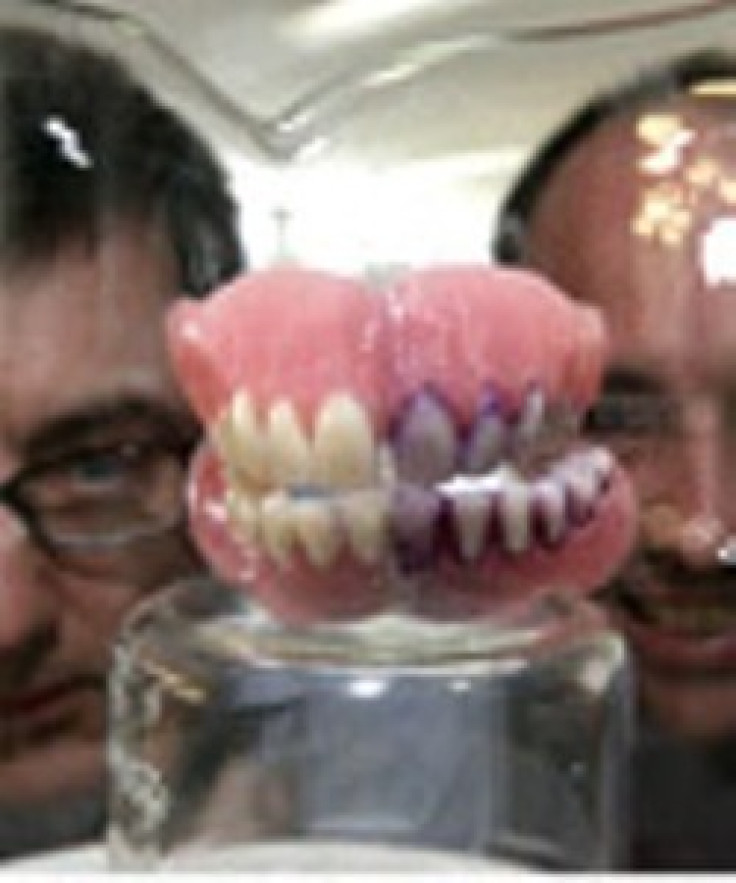Coconut Oil Found to Prevent Tooth Decay
Coconut oil in its digested state has antibiotic qualities to prevent tooth decay

Coconut oil's antibiotic qualities in its digested state may prevent tooth decay, suggests a new study.
According to researchers at the Athlone Institute of Technology, Ireland, the antibiotic properties of the digested coconut oil could be added to dental care products as it is found to prevent the tooth decaying acids.
"Dental caries is a commonly overlooked health problem affecting 60-90 percent of children and the majority of adults in industrialised countries. Incorporating enzyme-modified coconut oil into dental hygiene products would be an attractive alternative to chemical additives, particularly as it works at relatively low concentrations," said Dr Damien Brady, the lead scientist of the team, who conducted the study.
The study was presented at the Society for General Microbiology's autumn conference at the University of Warwick, England.
The research tested the anti-bacterial qualities of edible oils such as coconut oil, vegetable oil and olive oil both in its natural state and digested state - created by adding enzymes - in fighting the Streptococcus bacteria.
The study revealed that though coconut oil in its natural state did not produce any impact on the bacteria, its digested state prevented most of the strains of the bacteria including Streptococcus mutans from multiplying. All the other oils did not throw out any ability to fight the bacteria.
Streptococcus mutans are a common type of bacteria found in the human mouth that causes teeth decay.
"Our data suggests that products of human digestion show antimicrobial activity. This could have implications for how bacteria colonise the cells lining the digestive tract and for overall gut health."
Previous studies have shown that enzyme-modified milk has the ability to reduce the binding of Streptococcus mutans to tooth enamel. The team has plans to investigate the impact of other enzyme-modified foods on bacteria.
© Copyright IBTimes 2024. All rights reserved.





